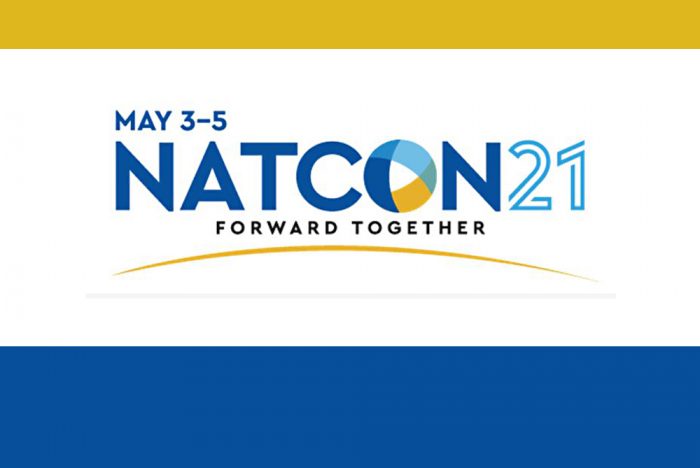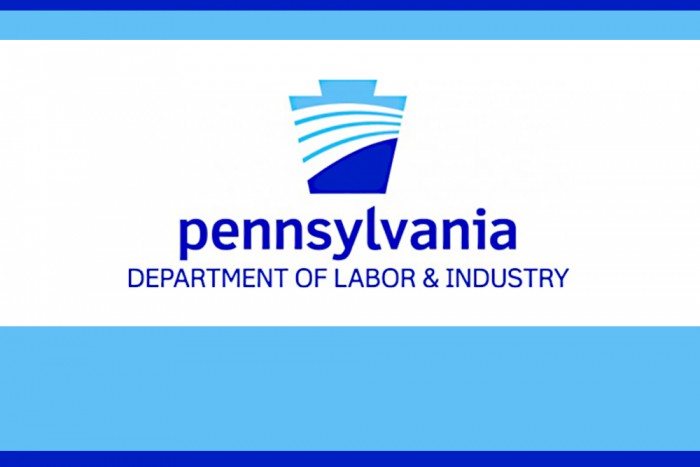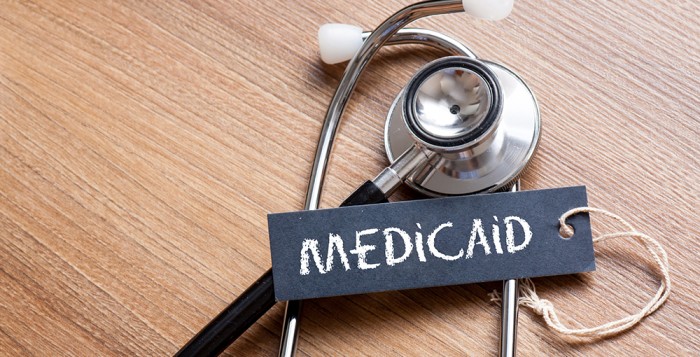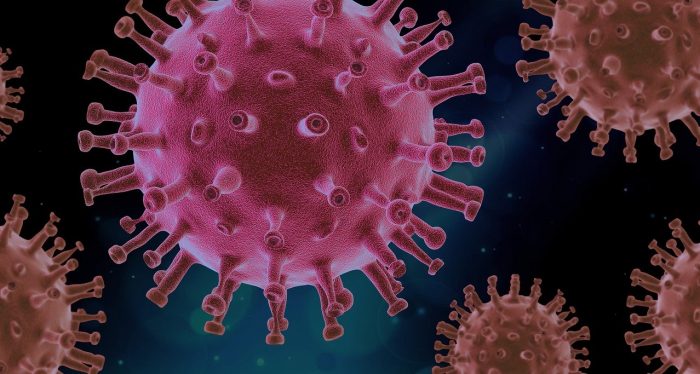
Written by Andrea Ward, PT, DPT and Christine Koterba, PhD
Advocacy defined is: “any action that speaks in favor of, recommends, argues for a cause, supports or defends, or pleads on behalf of others.” It happens on behalf of the children and families we serve each and every day in big and small ways at IPRC member organizations. The IPRC Education & Advocacy Committee shares member stories to celebrate these efforts and inspire others.
Children’s Specialized Hospital (CSH), an RWJBarnabas Health Facility, 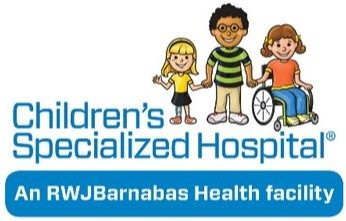 is committed to placing children and their families at the center of all that they do. With 14 locations across New Jersey, CSH provides inpatient and outpatient care for children with special health challenges. The hospital’s commitment to patient and family advocacy is evident through the practice of Patient-and Family-Centered Care (PFCC), involving families in every aspect of the organization.
is committed to placing children and their families at the center of all that they do. With 14 locations across New Jersey, CSH provides inpatient and outpatient care for children with special health challenges. The hospital’s commitment to patient and family advocacy is evident through the practice of Patient-and Family-Centered Care (PFCC), involving families in every aspect of the organization.
Two of the ways PFCC principles are put into practice at CSH are: through the addition of Family Faculty (FF) to their staff and the creation and sustainment of the Family Advisory Council (FAC).
FF are parents or caregivers of children previously or currently receiving services at CSH. They listen, provide insight, and encourage positive communication, partnering with families and staff to facilitate respectful and productive relationships. FF support families whenever they need them: through medical and therapy appointments, during rounds on the unit, even in the outpatient waiting areas and lobby. In addition, FF share resources, maintain a resource center, lead workshops, develop and review communication materials, and provide input on all hospital policies and procedures. They sit side by side with board members, hospital leadership, and staff on all CSH boards, committees, and task forces.
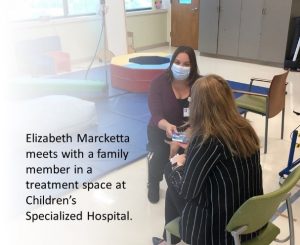 Elizabeth Marcketta, a member of both FF and the FAC, describes her role as empowering and encouraging families and caregivers to be strong advocates for their own children. Through her role, she meets with families, provides support and resources, and empowers them to be advocates for their children. Elizabeth often reminds caregivers: “you are the expert on your child.”
Elizabeth Marcketta, a member of both FF and the FAC, describes her role as empowering and encouraging families and caregivers to be strong advocates for their own children. Through her role, she meets with families, provides support and resources, and empowers them to be advocates for their children. Elizabeth often reminds caregivers: “you are the expert on your child.”
The Family Advisory Council is comprised of representatives from hospital leadership, hospital staff from key clinical and non-clinical areas, and families who currently or previously received services at CSH. FAC members provide input and family perspective for policies and practices, and support the organization’s strategic initiatives to ensure that the highest quality of care is provided. Elizabeth shares, “It’s an honor to be part of the Family Faculty team and to know [that] the experiences I have had with my children placed me in a position to help other patients, families, and staff at Children’s Specialized Hospital.”
The Family Faculty are uniquely positioned to advocate on behalf of the needs of the children and families served by CSH. The IPRC Education & Advocacy Committee recognizes this fantastic team and CSH for its commitment to keeping the needs of the children they serve the top priority.
The FAC created a series of safety videos highlighting the partnership between patients, families and staff to provide a safe environment for care. View one of these safety videos: https://www.youtube.com/watch?v=CJPO54mgado
Learn more about Patient-and Family-Centered Care at Children’s Specialized Hospital:
We’d love to hear about advocacy work happening at other IPRC member organizations! To share your advocacy story, contact Cindi Hobbes.









